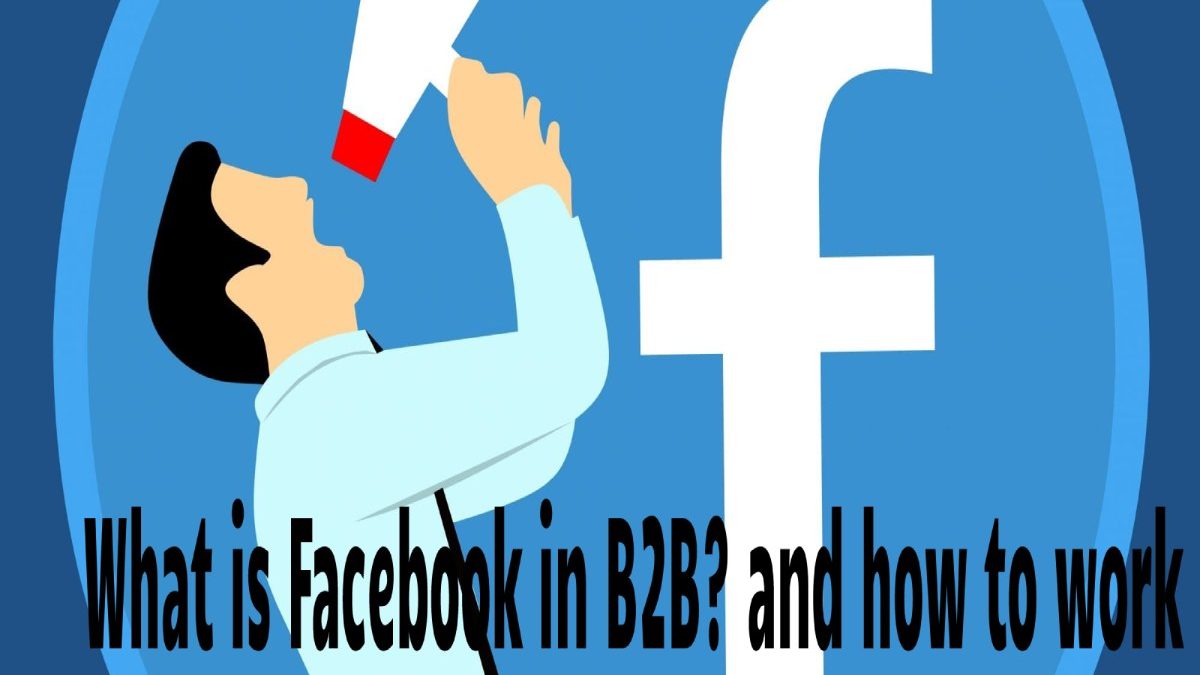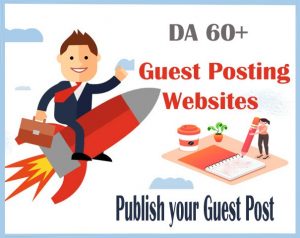Following its launch in the United States, Facebook grew in popularity in Germany. Every month, around 1.65 billion members are active here. Moreover, Facebook is the second most frequented website in Germany. So, doesn’t it make sense to promote here, where many people spend their time?
According to the Facebook tagline, you can connect with individuals in your life. But how does it appear in the business-to-business world? For example, is it possible to communicate with individuals in the lives of a B2B company? In this setting, it is common to hear entrepreneurs say things like:
- As a B2B firm, I can’t win anyone because there are just consumers on the move!
- Our target audience consists of large-company decision-makers, yet only young individuals use Facebook!
- Facebook for B2B takes more work, but it brings in more clients!
- There’s no use in using Facebook if you can’t sell anything.
Table of Contents
Corporate Communication Is Changing.
The decision to join or not participate in social media will frequently base on realistic cost-benefit estimates. But why are young businesses, in particular, so popular on Facebook and other social media platforms such as Twitter, Instagram, and Snapchat? Social media represents a paradigm change — from traditional face-to-face communication to a digital world where people engage with one another online. Therefore, businesses should keep this in mind when determining whether or not to use social media.
Do You Believe B2-B Decision-Makers Are On Facebook?
Of course, anybody who wants to be successful in B2B must always try to persuade the company’s decision-makers. It is, however, a myth that these decision-makers do not use Facebook. B2B decision-makers are also persons who use Facebook privately. Some people even go there during the day to obtain information, network, or for personal reasons. Often, especially in social media networks, the networking concept takes center stage. Rather than a relatively anonymous email, you will find long-term partnerships here. Therefore, you should reconsider the divide between B2B and B2C decision-makers because practically everyone is on social media, albeit camouflaged as private individuals!
You Did Not Create Facebook, But Are You Still A Member Of It?
We do not use Facebook. That’s all well and fine, but it doesn’t imply you’re not involved in social media. Even if you have never registered on Facebook, you may be able to locate your firm if you search for it. Customers want to rate you, for example or submit images on your website, but your firm (since you don’t have one in B2B) will represent you. It becomes a problem when the entries appear from you but were made automatically or by others. Customers may be dissatisfied if they do not receive replies to queries regarding your items. Furthermore, your organization may receive negative feedback, and there is no way for you to prevent this.
Your Firm Does Not Have A Facebook Page, But Your Workers Do!
The staff is ecstatic to be working for you. Your workers are a part of your company or help make it what it is. They want to post this on Facebook! It is the correct attitude, and managers or department heads should support it. It would be beneficial if you attempted to get delighted employees to share your writings. This first forms groups within the organization, but these grow with time, and you reach many individuals through your articles or news that they post on the internet.
Facebook As A Tool For Consumer Loyalty
You won’t be able to sell as well on Facebook. Most individuals would generally agree with this statement (even if there are exceptions). However, social media is much more than just comparing prices and discounts. May also use Facebook to build client loyalty. Establishing new connections and clients takes a lot of money and effort, so why can’t social media keep them interested in the company? In B2B, you should inform other decision-makers that you have something fresh in your portfolio.
Furthermore, the branding impacts are challenging to quantify. You’ve already seen some of them on Facebook, so they’re hunting for you on Google again. This consumer journey is difficult to quantify, but it is necessary.
Conclusion
Facebook is also appropriate for business-to-business transactions! Especially when you look at Facebook as a customer loyalty tool rather than the traditional B2B/B2C divide. Also, keep in mind that you can be represented on Facebook, even if they are unaware and do not wish to be. As a result, consider carefully how you want to approach this subject! If you have any questions, please get in touch with us.





Review What is Facebook in B2B? and how to work.